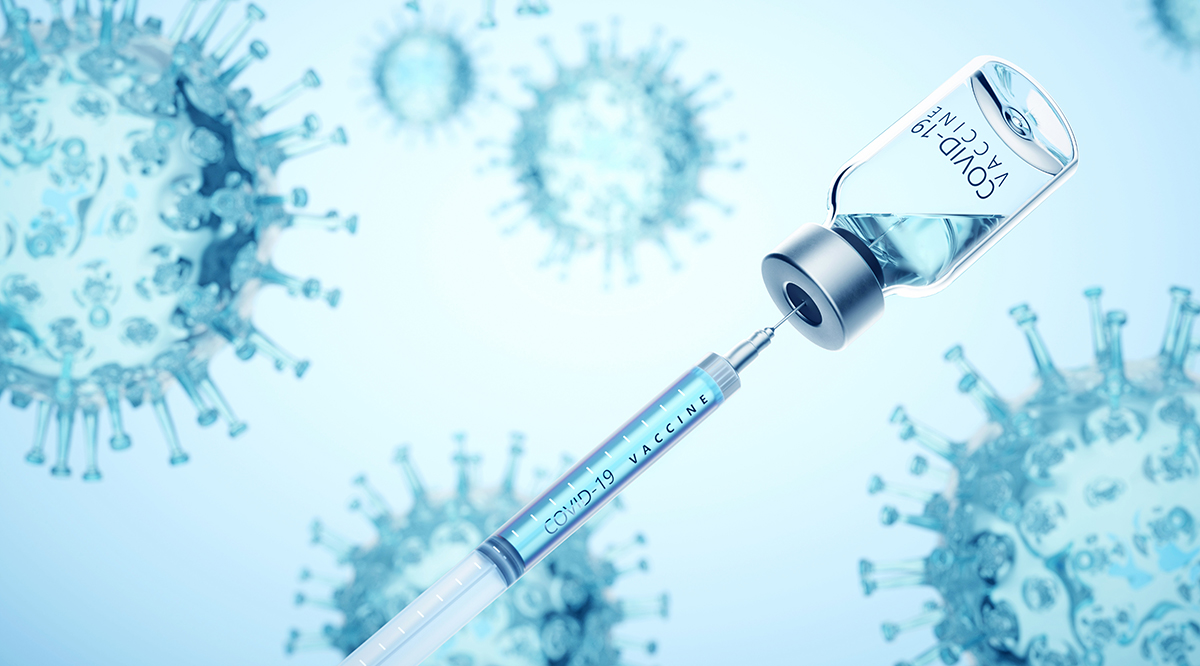In a world where prevention is often overlooked in favor of quick fixes, taking a proactive approach to our health is imperative. By creating a preventive health care plan, individuals can not only improve their overall wellness but also potentially avoid costly health issues down the line. In this article, we will explore the steps and strategies to crafting a comprehensive plan that focuses on prevention and well-being. Whether you are just starting on your health journey or looking to enhance your current routine, this guide will provide you with the tools and knowledge to create a plan tailored to your individual needs. So let’s dive in and pave the way for a healthier future.

Designing Your Personalized Preventive Health Care Plan
Creating a personalized preventive health care plan is the key to proactively managing your well-being and staying ahead of potential health issues. By designing a plan tailored to your unique needs and risk factors, you can take control of your health and focus on prevention rather than treatment.
To start, take a holistic approach to assess your current health status and identify areas for improvement. Consider factors such as your medical history, lifestyle choices, family history of diseases, and current health habits. This comprehensive evaluation will help you determine the specific areas to target in your preventive health care plan.
Next, set specific health goals that align with your priorities and values. Whether it’s improving your nutrition, increasing physical activity, managing stress, or scheduling regular health screenings, outline clear objectives that are realistic and sustainable. Breaking down your goals into actionable steps will make it easier to track your progress and stay motivated along the way.
Incorporate a mix of preventive strategies into your plan, including routine check-ups, vaccinations, screenings, and healthy lifestyle choices. Remember that prevention is a continuous process, so regularly review and update your plan to address changing health needs and goals. By taking a proactive approach to your health care, you can empower yourself to lead a healthier and more fulfilling life.
Key Components to Include in Your Plan
In order to create an effective preventive health care plan, there are several key components that should be included to ensure comprehensive coverage.
First and foremost, regular health screenings are essential to catch any potential issues early on. Make sure to include screenings for blood pressure, cholesterol levels, and other important markers of health.
Additionally, vaccinations and immunizations play a crucial role in preventing diseases and keeping your immune system strong. Be sure to include a schedule for getting up-to-date on all recommended vaccinations.
Healthy lifestyle habits are also important to incorporate into your plan. This includes regular exercise, a balanced diet, and managing stress. These habits can help prevent a wide range of health issues and promote overall wellness.
Lastly, don’t forget to include regular visits to your healthcare provider for check-ups and to discuss any concerns or questions you may have. Building a strong relationship with your healthcare team is key to maintaining good health.
By including these key components in your preventive health care plan, you can take proactive steps to protect your health and well-being for years to come.
Setting Realistic Goals and Prioritizing Your Health Needs
When it comes to taking care of your health, it’s important to set realistic goals and prioritize your needs. One way to do this is by creating a preventive health care plan that focuses on maintaining your well-being and preventing future health issues.
Start by assessing your current health status and identifying any areas that may need improvement. This could include things like improving your diet, increasing physical activity, or managing stress. Once you have a clear understanding of your health needs, you can begin to set specific, achievable goals that will help you work towards better health.
It’s important to be realistic about what you can achieve and to prioritize actions that will have the biggest impact on your health. This might mean starting with small changes and gradually building up to more challenging goals. Remember, taking care of your health is a journey, and it’s okay to take it one step at a time.
Implementing Strategies to Maintain a Consistent Preventive Care Routine
Creating a preventive health care plan is essential for maintaining a consistent routine that promotes overall well-being. By implementing strategic strategies, individuals can effectively manage their health and prevent potential issues before they arise. Here are some key steps to help you establish a preventive care routine:
- Educate Yourself: Stay informed about the necessary screenings, vaccinations, and check-ups recommended for your age and health status.
- Set Reminders: Use technology such as apps or calendars to schedule appointments and track important health maintenance tasks.
- Establish Healthy Habits: Prioritize regular exercise, a balanced diet, and adequate sleep to support your body’s natural defense mechanisms.
- Communicate with Healthcare Providers: Be open and honest with your healthcare team about any concerns or symptoms you may experience.
In conclusion, creating a preventive health care plan is crucial for maintaining a healthy lifestyle and avoiding potential health issues in the future. By following the steps outlined in this article, you can take control of your health and well-being. Remember, prevention is always better than cure. So start planning today and prioritize your health for a happier and healthier tomorrow. Stay proactive, stay healthy!






